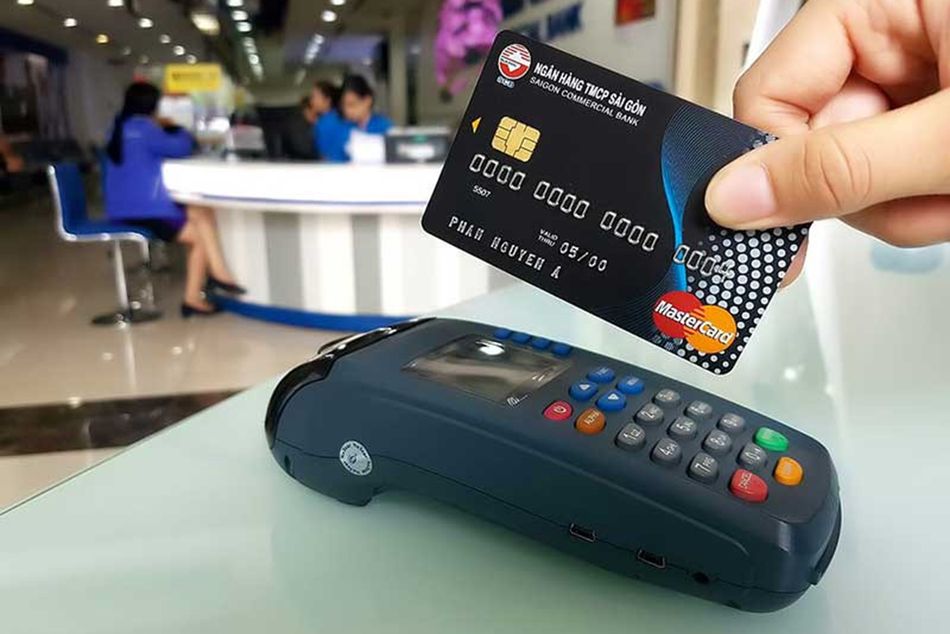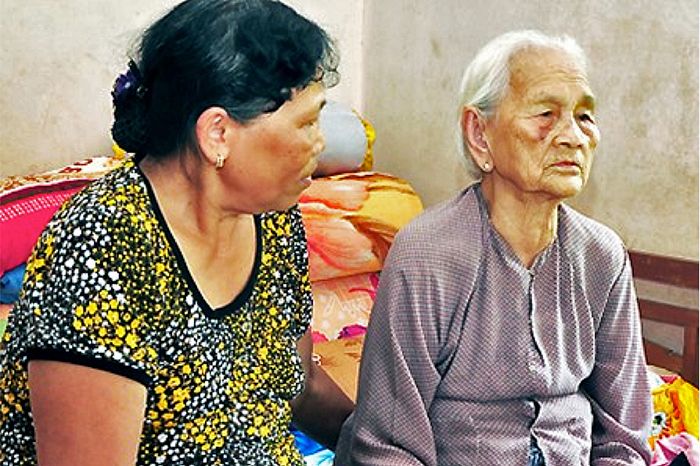Vietnam's Deputy Prime Minister Vuong Dinh Hue recently greenlit an ambitious policy that encourages Vietnamese to drop cash in favor of electronic payment methods.
The plan aims to bring the country’s payment habits into the digital age, one that would improve electronic payments, tax evasion control, financial inclusion, access in rural areas and efficiency, reports VietnamPlus.
According to the news source, by 2020, the government expects cash payments to account for less than 10% of total market transactions as all supermarkets, shopping malls and distributors will be equipped to receive credit cards. In addition, 70% of utilities – water, electricity and telecommunication service providers – will also accept electronic payment methods. The goal for the above tactics is to have 50% of urban Vietnamese households using such payments for their daily transactions.
To further reinforce a shift to a less cash-focused society, the policy stipulates that 70% of Vietnamese over 15-years-old should have bank accounts by the end of 2020.
Though no specific start date has been announced for the new policy, Le Xuan Nghia, a member of the National Advisory Council on Finance and Monetary Policy, advised that it should be implemented in the very near future. He noted, however, that it would take three to four years to address a few final hurdles – particularly online security issues and the establishment of an automatic payment center by the State Bank of Vietnam to connect paying customers, businesses and commercial banks.
Once the infrastructure is in place, Nghia told the press that the government would consider imposing fees on cash transactions while reducing those of electronic ones.
Nghia conceded that there are some demographics, such as payment collectors and low-income groups, that would not benefit as much from a switch to electronic payments.
There’s much work to be done to reach the 2020 targets. Despite the increasing number of businesses that accept credit cards, from 2010 – 2016, such payments declined by only 2%, according to Vietnam News.
[Top photo via Phap Luat]














